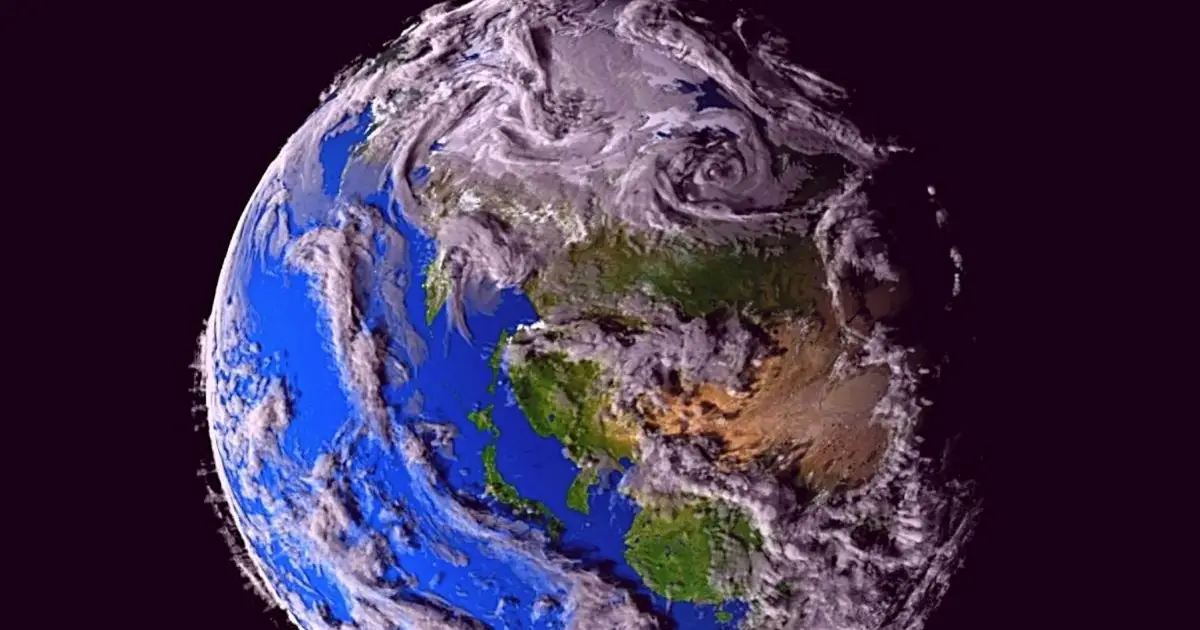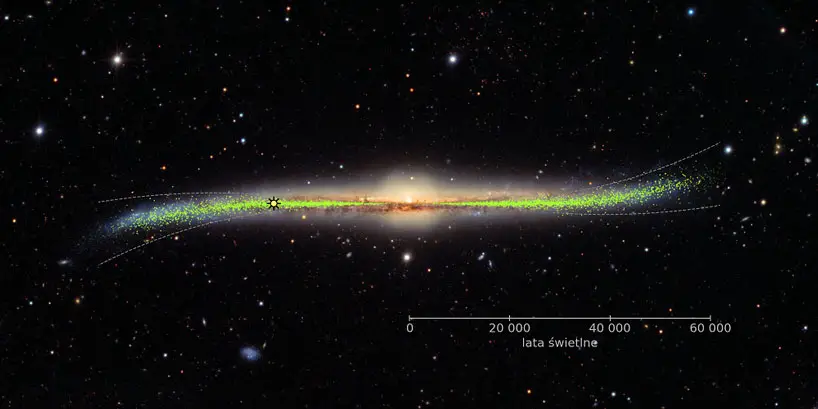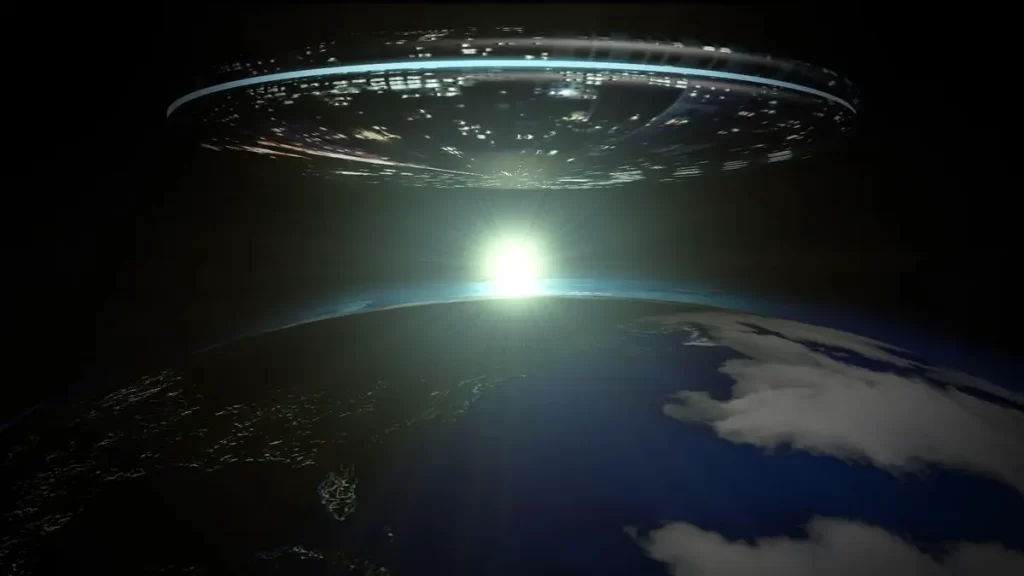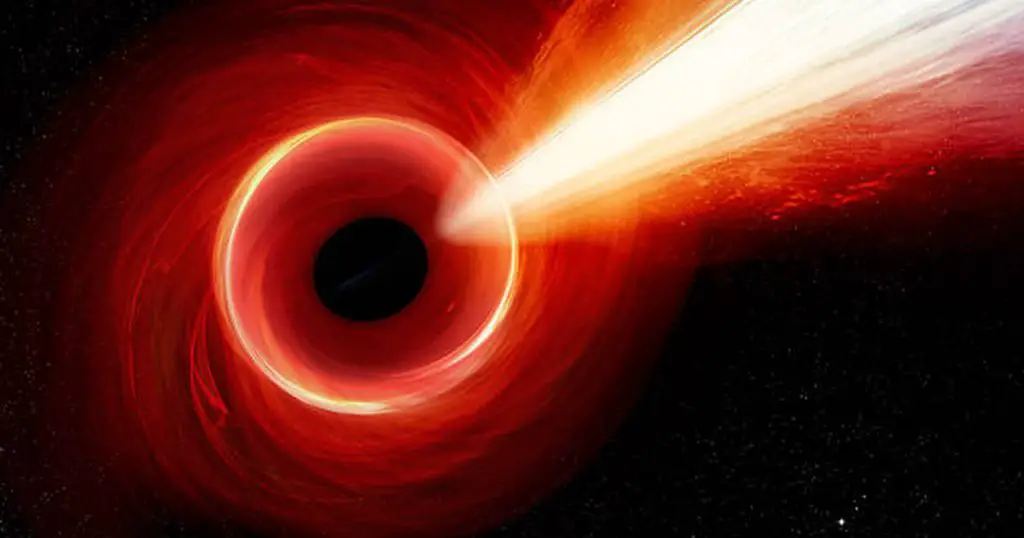Key takeaways:
- Researchers have introduced the concept of “planetary intelligence,” which suggests that an entire planet, like Earth, could have a form of collective knowledge and cognition.
- Underground networks, such as those formed by fungi, are cited as examples of how large-scale life forms could create a vast, planet-wide intelligence.
- The idea of planetary intelligence may offer insights into global issues like climate change by helping humanity understand and possibly improve its collective impact on Earth.
- The concept could also guide the search for extraterrestrial life, as planets with sustainable intelligence may be the ones where civilizations are more likely to survive.
- Researchers propose that only civilizations achieving planetary intelligence may avoid self-destruction, linking this concept to the long-term survival of any intelligent life.
_______________
Could Earth’s ecosystems form a collective intelligence to tackle global challenges?
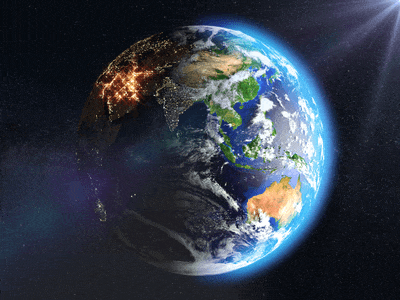
A group of scientists has introduced a bold idea: could Earth itself possess a form of intelligence? This theory, called “planetary intelligence,” was explored by researchers in a recent paper published in the International Journal of Astrobiology. The authors suggest that, just as organisms can have intelligence, so too could an entire planet through the interconnected behaviors of its life forms. This concept isn’t just philosophical—it may have practical applications for understanding climate change and even searching for intelligent extraterrestrial life.
Understanding Planetary Intelligence
The theory of planetary intelligence describes the potential collective knowledge and cognition of Earth as a whole, arising from the interactions of all living things and natural processes. The researchers, led by Adam Frank, a professor of physics at the University of Rochester, point to natural networks, such as the intricate underground networks of fungi that communicate with each other. This “Wood Wide Web” allows plants to share resources and send signals, illustrating how organisms collaborate on a large scale.
The researchers propose that planetary intelligence could form from these interconnected systems. This intelligence would be a form of collective awareness, emerging from the interactions of life forms that influence and react to Earth’s changing conditions. Frank suggests that although humans have advanced technologically, they lack the “planetary intelligence” required to act in harmony with Earth’s ecosystems. Humanity’s struggles with issues like climate change and pollution demonstrate that we have yet to develop a coordinated planetary response that serves the best interests of the planet.
Potential Implications for Humanity and the Search for Aliens
This concept of planetary intelligence could help humans reframe how we view and address global challenges. By thinking of Earth as a cohesive system with its own form of awareness, we might make decisions more aligned with long-term planetary health. The researchers believe that humanity could use this framework to recognize the large-scale impact we have on the planet and, potentially, adopt behaviors that nurture Earth’s ecosystems instead of destabilizing them.
The idea also has exciting implications for the search for extraterrestrial life. Frank and his colleagues propose that the only alien civilizations we’re likely to discover are those that have achieved planetary intelligence and managed to survive their own technological advancements. In other words, any intelligent extraterrestrial life we encounter is likely to have evolved in a way that prevented its own destruction—something that may require a level of planetary coordination and awareness. This idea could guide the search for intelligent life by helping us understand what kinds of civilizations may exist and what traits they may share with us.
Frank explains, “The power of this line of inquiry is that it unites what we need to know to survive the climate crisis with what might happen on any planet where life and intelligence evolve.” If humanity could reach a state of planetary intelligence, it might not only help us address crises on Earth but also align us with a potential universal standard for advanced civilizations.
In summary, the notion of Earth developing a form of intelligence encourages us to view our planet’s ecosystems as part of a broader, interconnected system that humans influence and rely upon. If this idea gains traction, it could inspire a new way of approaching environmental stewardship and help refine the search for intelligent life beyond Earth.
